Archives
- 2025-12
- 2025-11
- 2025-10
- 2025-09
- 2025-03
- 2025-02
- 2025-01
- 2024-12
- 2024-11
- 2024-10
- 2024-09
- 2024-08
- 2024-07
- 2024-06
- 2024-05
- 2024-04
- 2024-03
- 2024-02
- 2024-01
- 2023-12
- 2023-11
- 2023-10
- 2023-09
- 2023-08
- 2023-07
- 2023-06
- 2023-05
- 2023-04
- 2023-03
- 2023-02
- 2023-01
- 2022-12
- 2022-11
- 2022-10
- 2022-09
- 2022-08
- 2022-07
- 2022-06
- 2022-05
- 2022-04
- 2022-03
- 2022-02
- 2022-01
- 2021-12
- 2021-11
- 2021-10
- 2021-09
- 2021-08
- 2021-07
- 2021-06
- 2021-05
- 2021-04
- 2021-03
- 2021-02
- 2021-01
- 2020-12
- 2020-11
- 2020-10
- 2020-09
- 2020-08
- 2020-07
- 2020-06
- 2020-05
- 2020-04
- 2020-03
- 2020-02
- 2020-01
- 2019-12
- 2019-11
- 2019-10
- 2019-09
- 2019-08
- 2019-07
- 2019-06
- 2018-07
-
br Conflict statement br Introduction Prostate cancer PCa is
2019-09-11
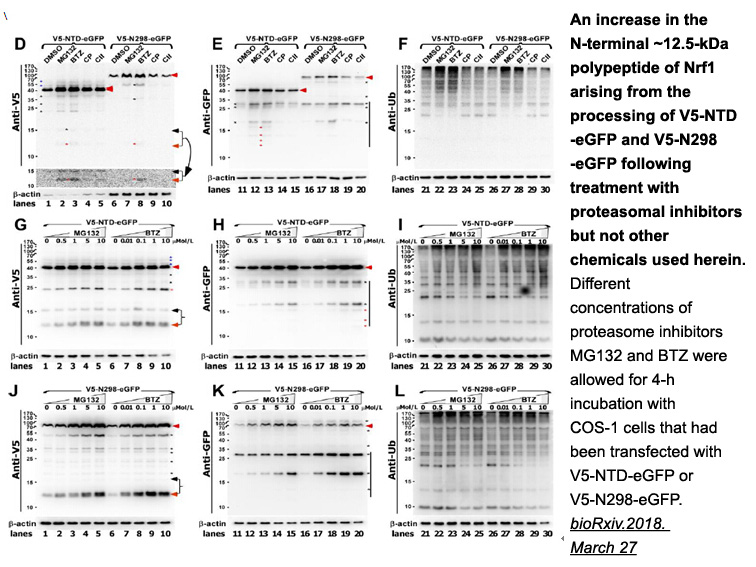
Conflict statement Introduction Prostate cancer (PCa) is the second most frequently diagnosed cancer and the second leading cause of cancer death in men after lung cancer [1], [2]. The incidence and mortality rate of prostate cancer are significantly higher in developed countries especially th
-
Bmp products such as Fig are persistent
2019-09-11
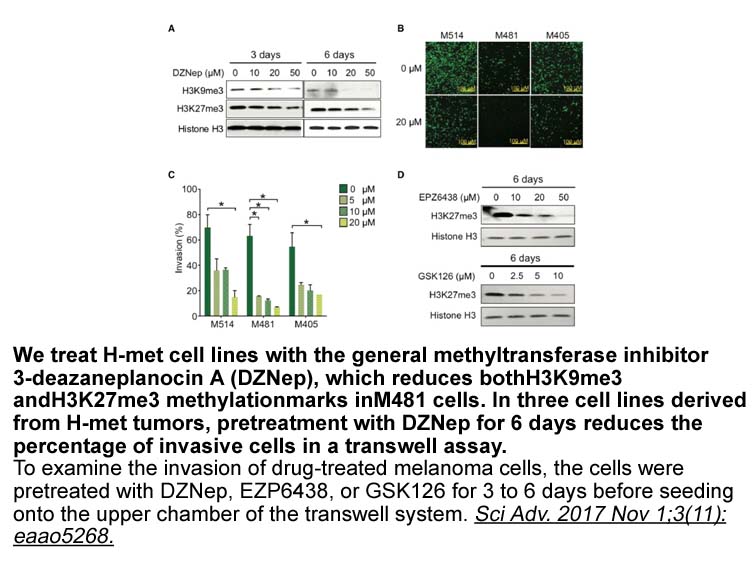
Bmp7 products, such as 7–9 (Fig. 2), are persistent pollutants that accumulate in the marine environment and can potentially be transferred to the human population via our trophic connections to the oceans (Wan et al., 2009). In addition to potentially addressing the mechanistic curiosities describe
-
Peptides undergoing only a single hydroxylation
2019-09-11
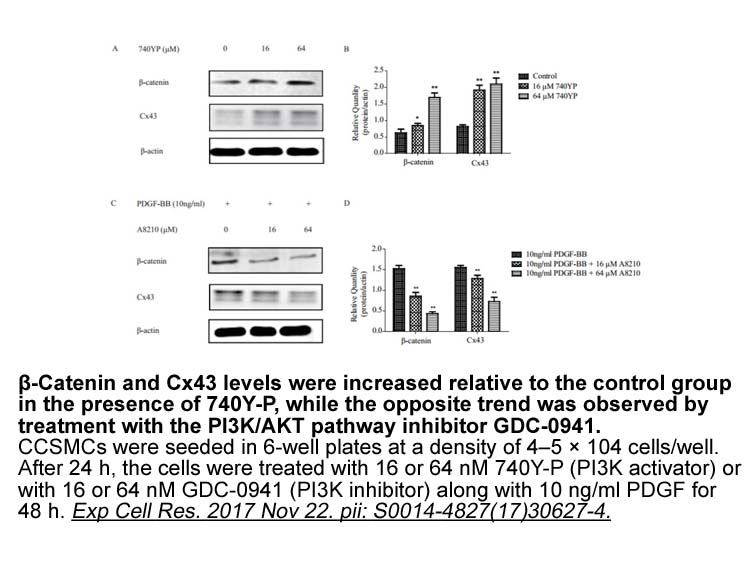
Peptides undergoing only a single hydroxylation, i.e. PA-Hyp-KPAPK and PAPK-Hyp-APK, were then used to investigate the kinetics of vCPH co-factor and co-substrate dependences. The values for KMapp for Fe(II) and KM for 2OG for the two peptide substrates were within error (KMapp, Fe(II): 0.9 μM ± 0.1
-
The four other mutations S T V I
2019-09-11
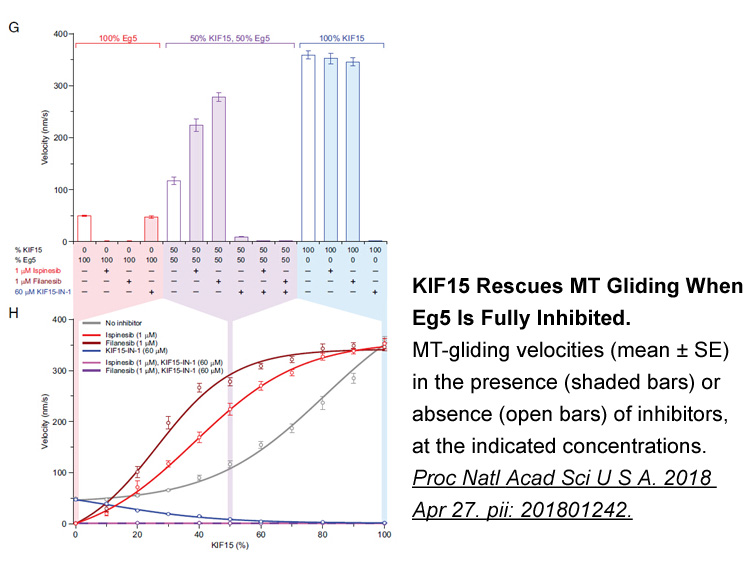
The four other mutations (S281T, V317I, T328A and A329S) were not detected in the absence of the A286S. This could suggest that when all of them are present, there would be a tri-dimensional structural modification that would interfere with the binding of the insecticide and produce different levels
-
van Linden et al developed a comprehensive guide that descri
2019-09-10
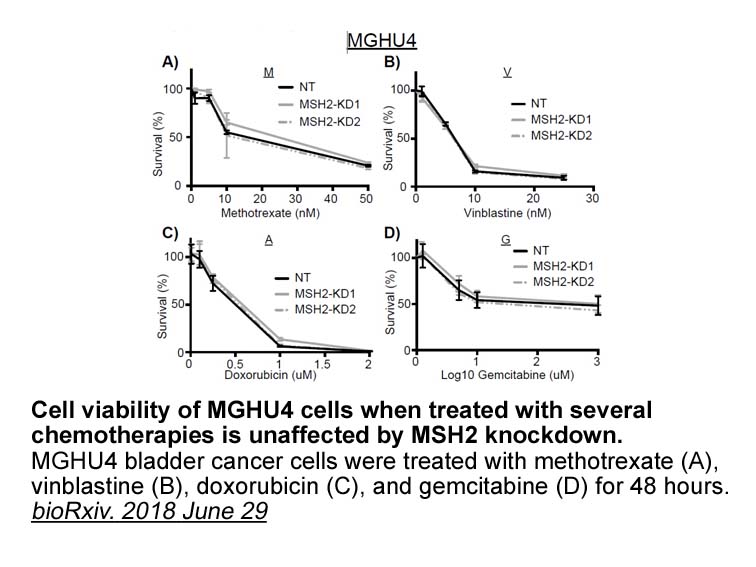
van Linden et al. developed a comprehensive guide that describes drug and ligand binding to more than 1200 human and mouse protein kinase domains [77]. Their KLIFS (kinase–ligand interaction fingerprint and structure) directory includes an alignment of 85 potential ligand binding-site residues occur
-
br Results br Discussion Unraveling the molecular details
2019-09-10
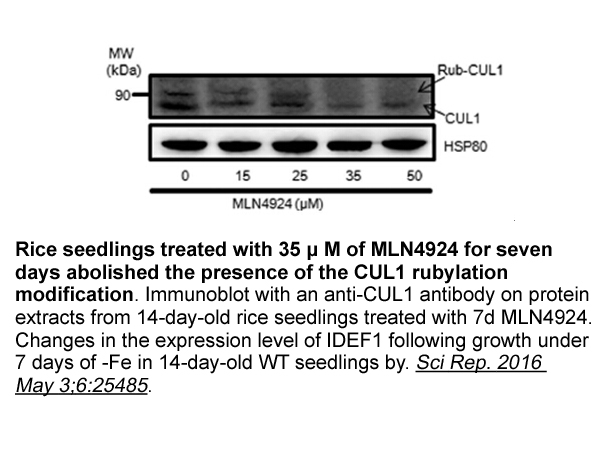
Results Discussion Unraveling the molecular details of nucleoporin-karyopherin interactions, which have to be strong enough to promote transport but sufficiently weak to avoid stalling of transport complexes within the pore, is key to our understanding of the mechanisms of nucleocytoplasmic tr
-
In summary these findings show that the knockdown of
2019-09-10
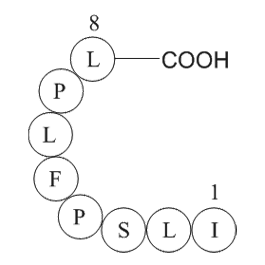
In summary, these findings show that the knockdown of tra2 in the Drosophila fat body results in an increased triglyceride phenotype, which could be explained in part by altered splicing of the gene coding for the lipid breakdown enzyme, CPT1. These findings are consistent with previous studies anal
-
br Cholesterol handling in the arterial wall cells Foam
2019-09-10
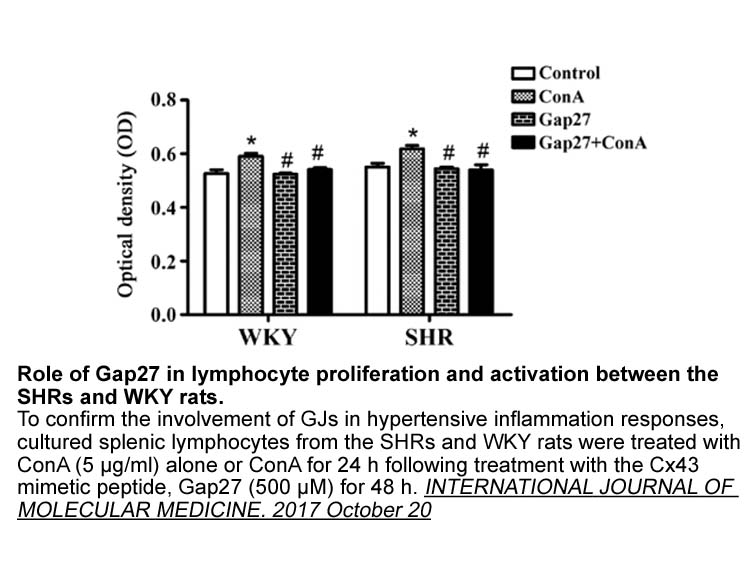
Cholesterol handling in the arterial wall cells Foam cell formation in the arterial intima is a major hallmark of early-stage atherosclerotic lesions, which is attributed to uncontrolled uptake of modified lipoproteins, excess cholesterol esterification and impaired cholesterol release [44]. As a
-
Chk is dramatically induce by the IL family
2019-09-10
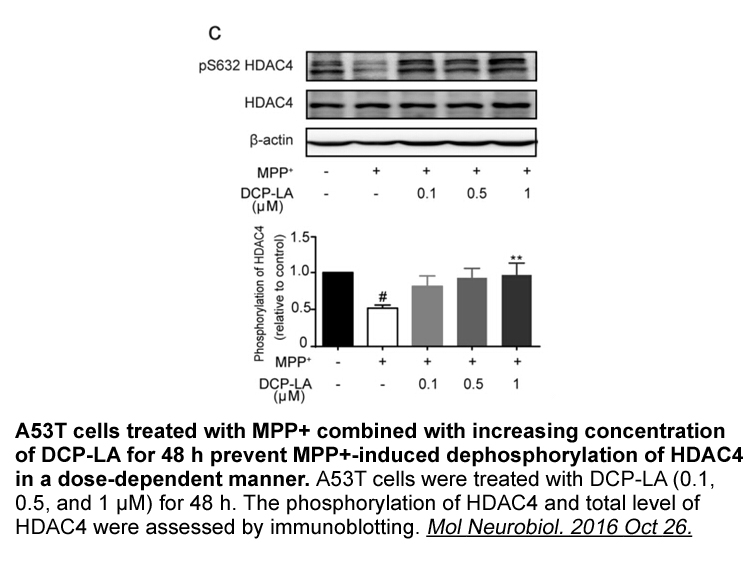
Chk is dramatically induce by the IL-4 family of cytokines and equally dramatically inhibited by IFN-γ, a regulation that appears to be specific for human monocytes. In primary human T cells, Chk is not normally present, but it can be induced by potent activators of T DL-α-Difluoromethylornithine hy
-
In humans the ER is encoded by the
2019-09-10
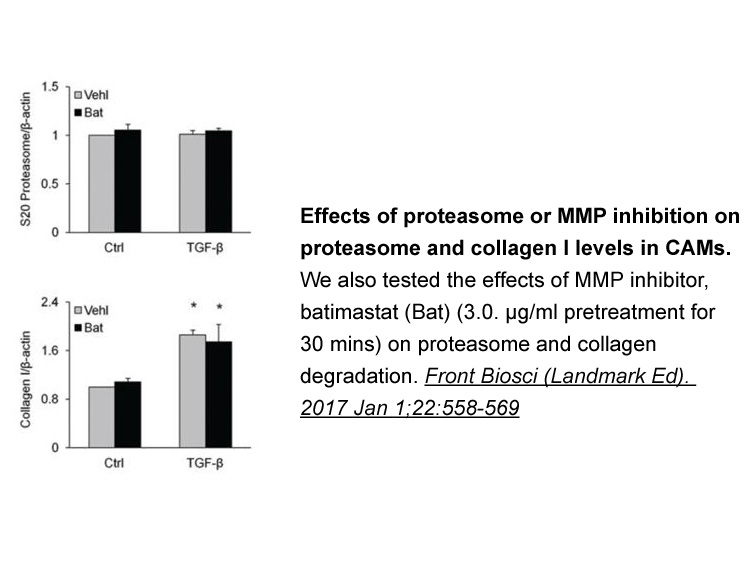
In humans, the ERα is encoded by the gene ESR1, located on chromosome 6, locus 6q25.1 (Gosden, Middleton, & Rout, 1986). In addition to the full-length ERα isoform (66kDa), several shorter isoforms (36kDa, 46kDa) have been identified as a result of the presence of alternate start codons, or as produ
-
MoAbs targeting the tumourigenic pathways such as IGF R
2019-09-10
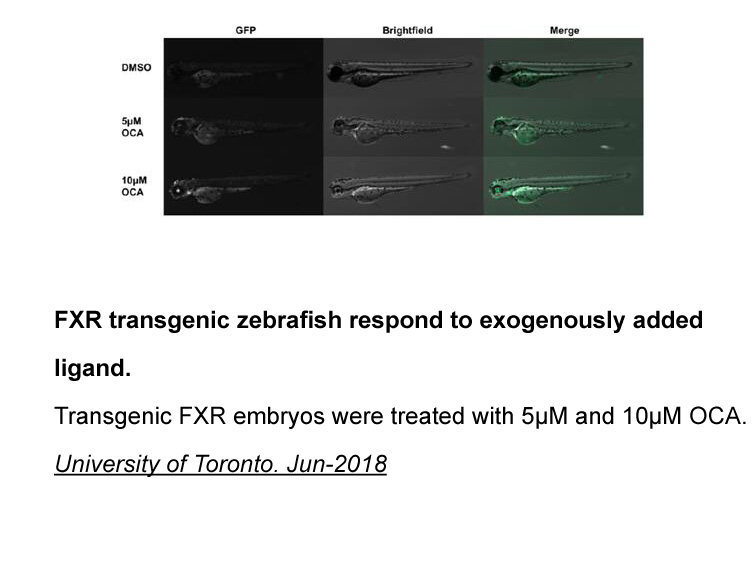
MoAbs targeting the tumourigenic pathways, such as IGF-1R may theoretically have a dual working mechanism. On the one hand they block pathways having an anti-tumour working mechanism, and on the other hand they may also stimulate an immunological response inducing a reaction of the patients own immu
-
baclofen for migraine Altered brain insulin signaling and CN
2019-09-10
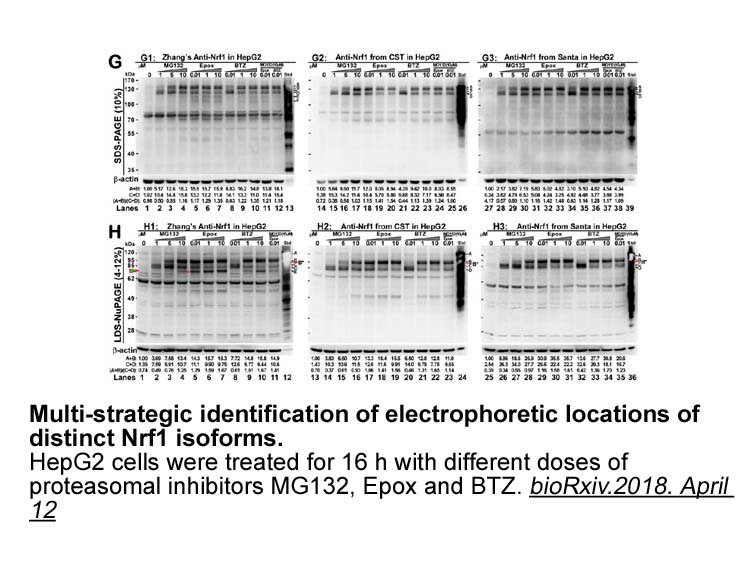
Altered baclofen for migraine insulin signaling and CNS hypometabolism are also associated with pathogenesis of neurodegeneration. Insulin receptors are mostly located in the cerebral cortex, hippocampus, cerebellum, hypothalamus and olfactory bulb, possess an effective role in the regulation of cen
-
To identify and characterize new possible
2019-09-10
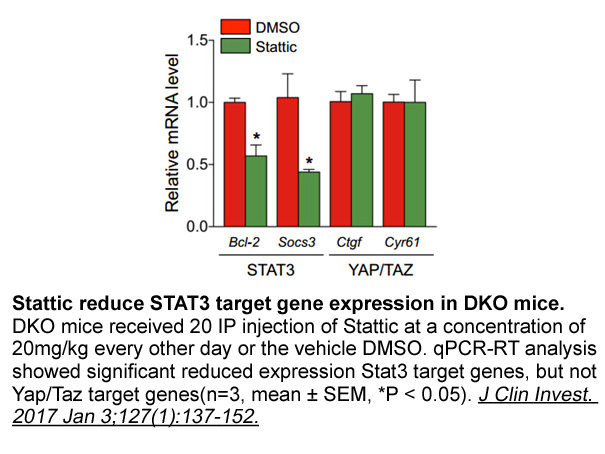
To identify and characterize new possible molecular targets, the mechanisms of various kinds of TCDD toxicities that occur by abnormal regulation in the downstream of AhR signals have been studied (Yoshioka et al., 2011). Experimental evidence has revealed that prostanoids (i.e., prostaglandins and
-
Several effective strategies have been developed to design a
2019-09-10
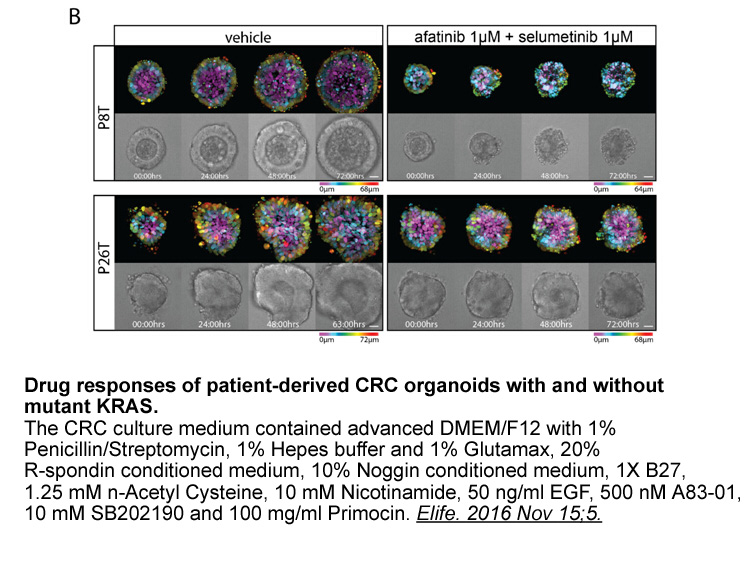
Several effective strategies have been developed to design activatable MR probes according to the Solomon, Bloembergen and Morgan (SBM) theory, including modulation of the number of inner-sphere water molecules (q), the rotational tumbling time (τ) and the residence lifetime of inner-sphere water mo
-
A wealth of studies support
2019-09-10
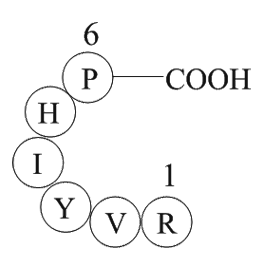
A wealth of studies support the key role of high NO in promoting higher blood flow and thus greater O2 delivery to working tissues in healthy Tibetans and thus partly compensate hypoxia induced low arterial O2 content [7,9,27]. We observed high eNOS mRNA, protein and enzyme activity in Ladakhi women
15087 records 972/1006 page Previous Next First page 上5页 971972973974975 下5页 Last page